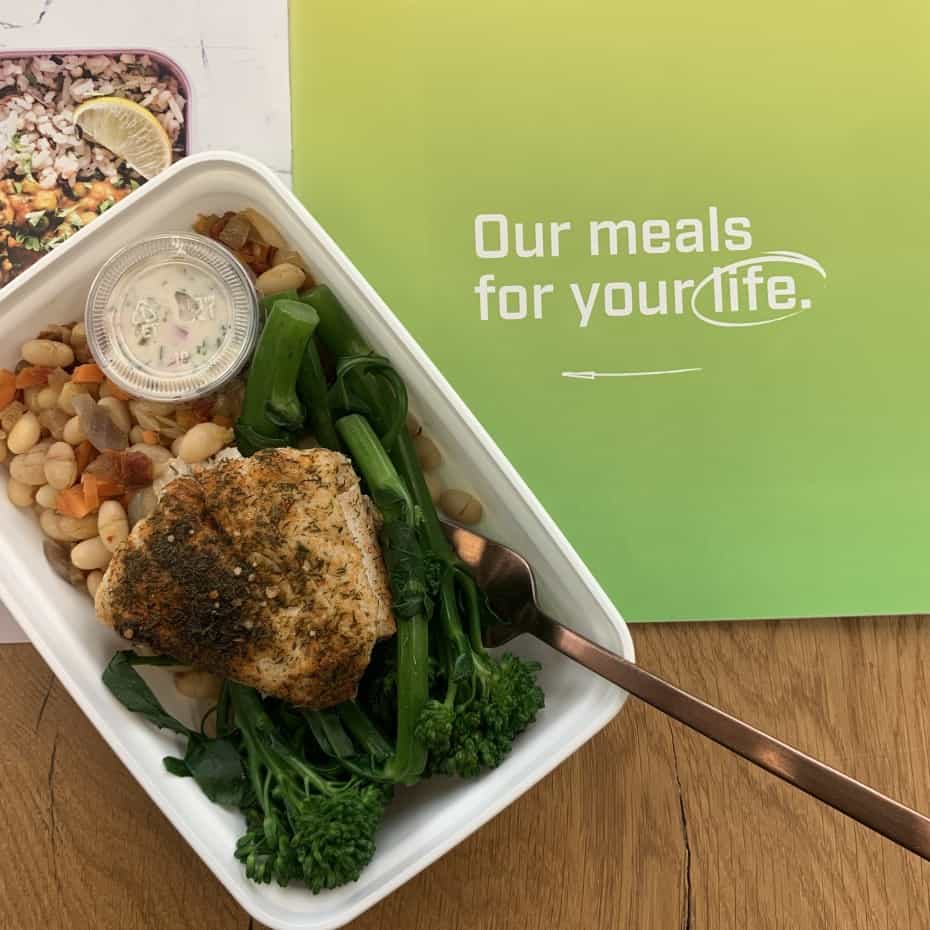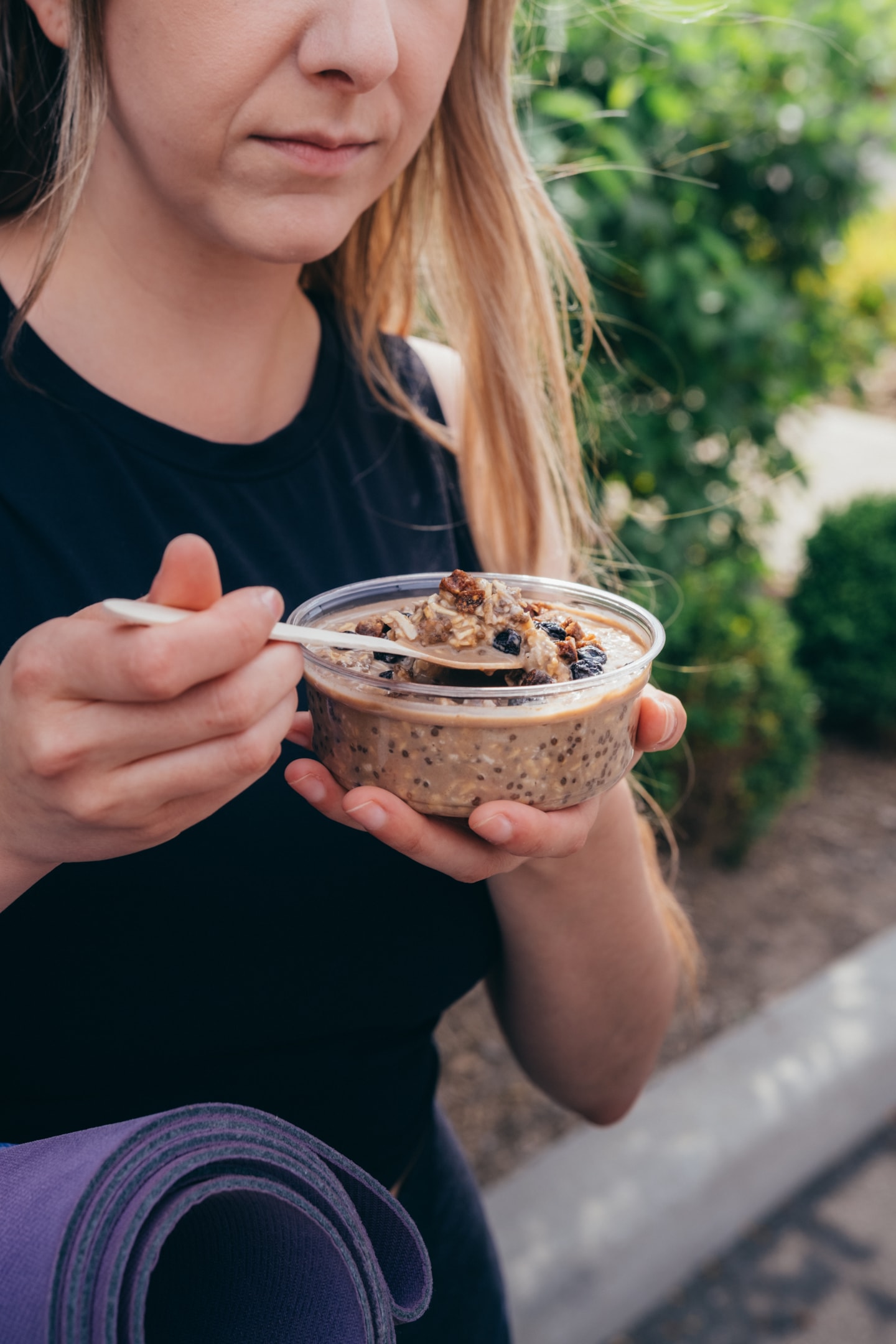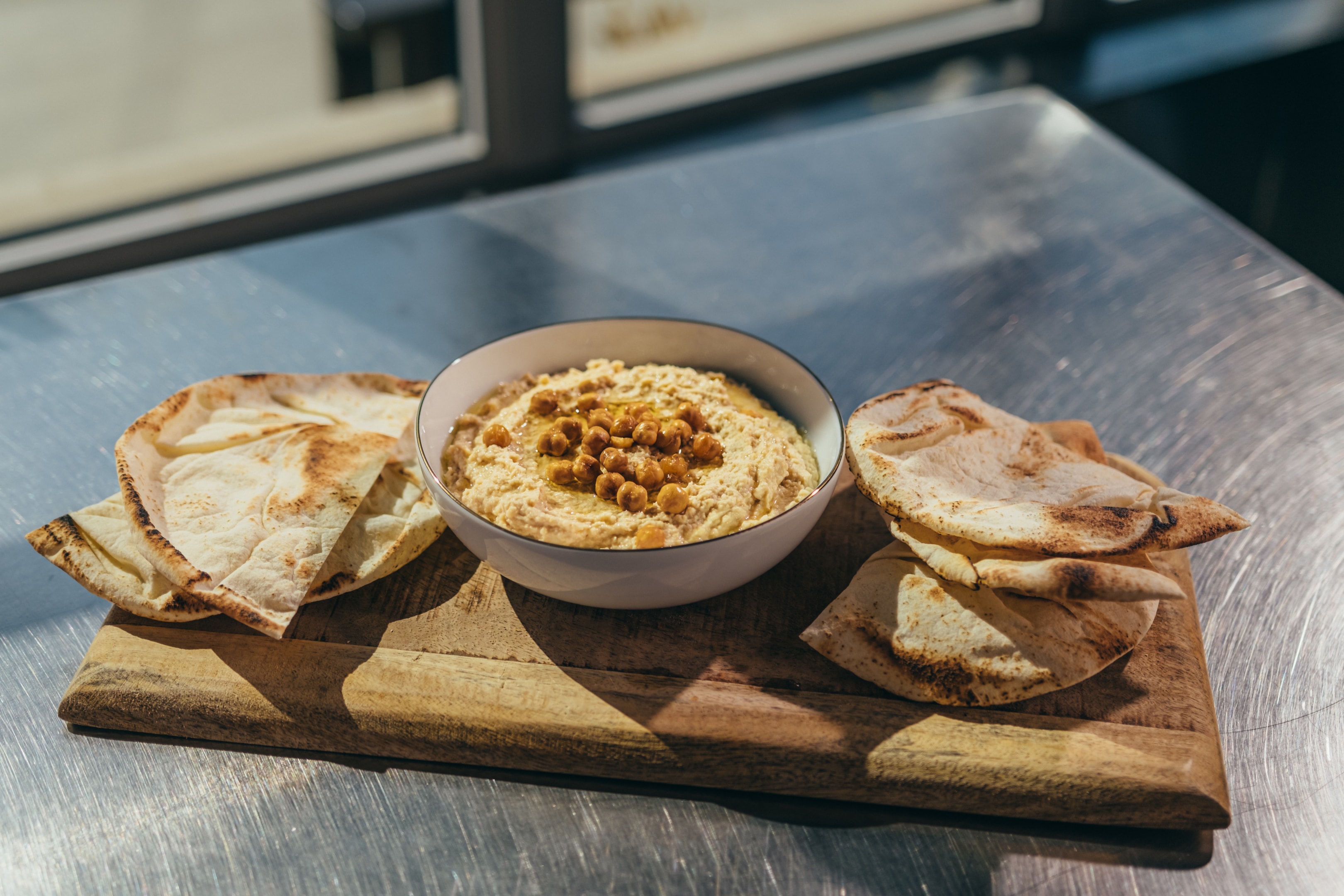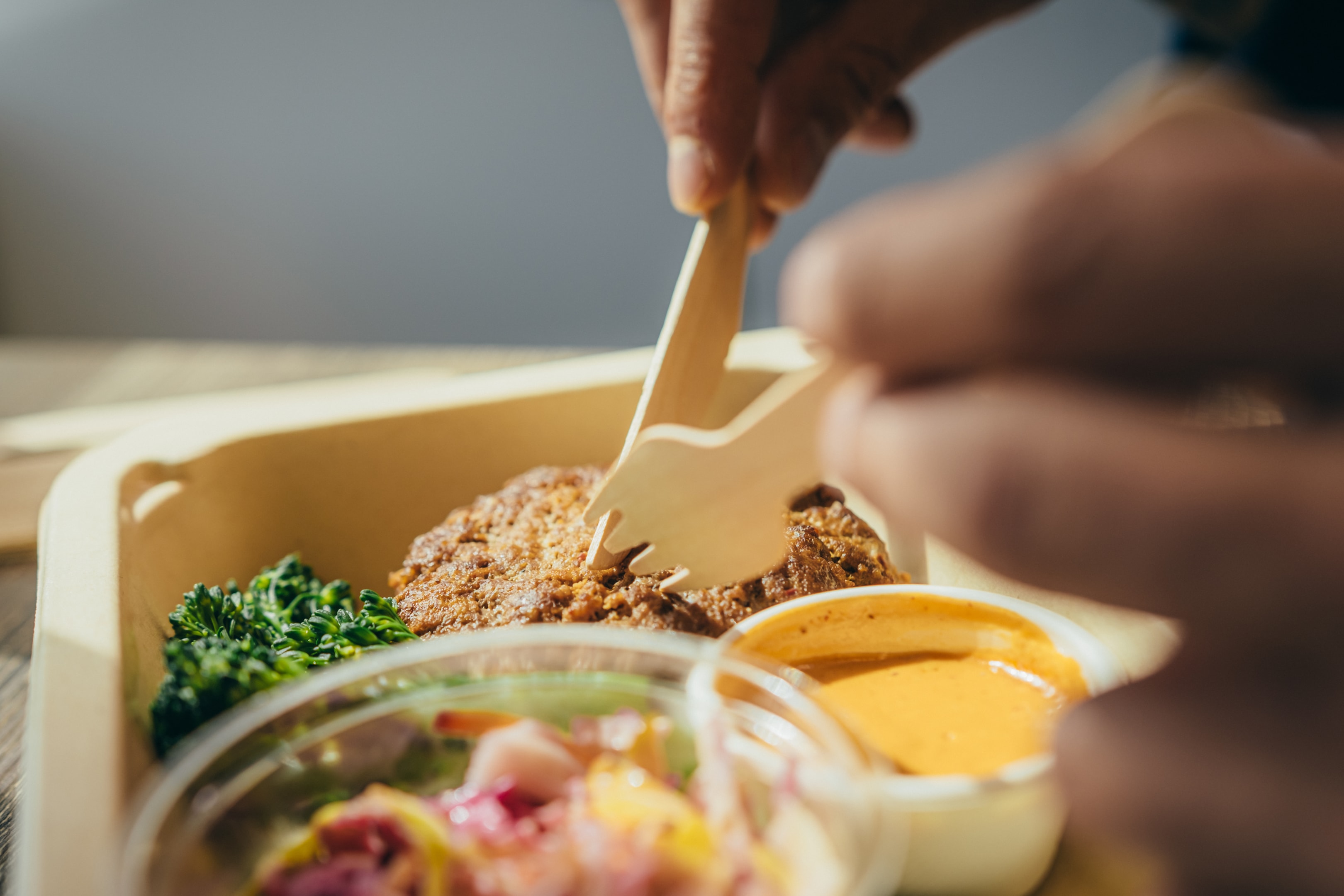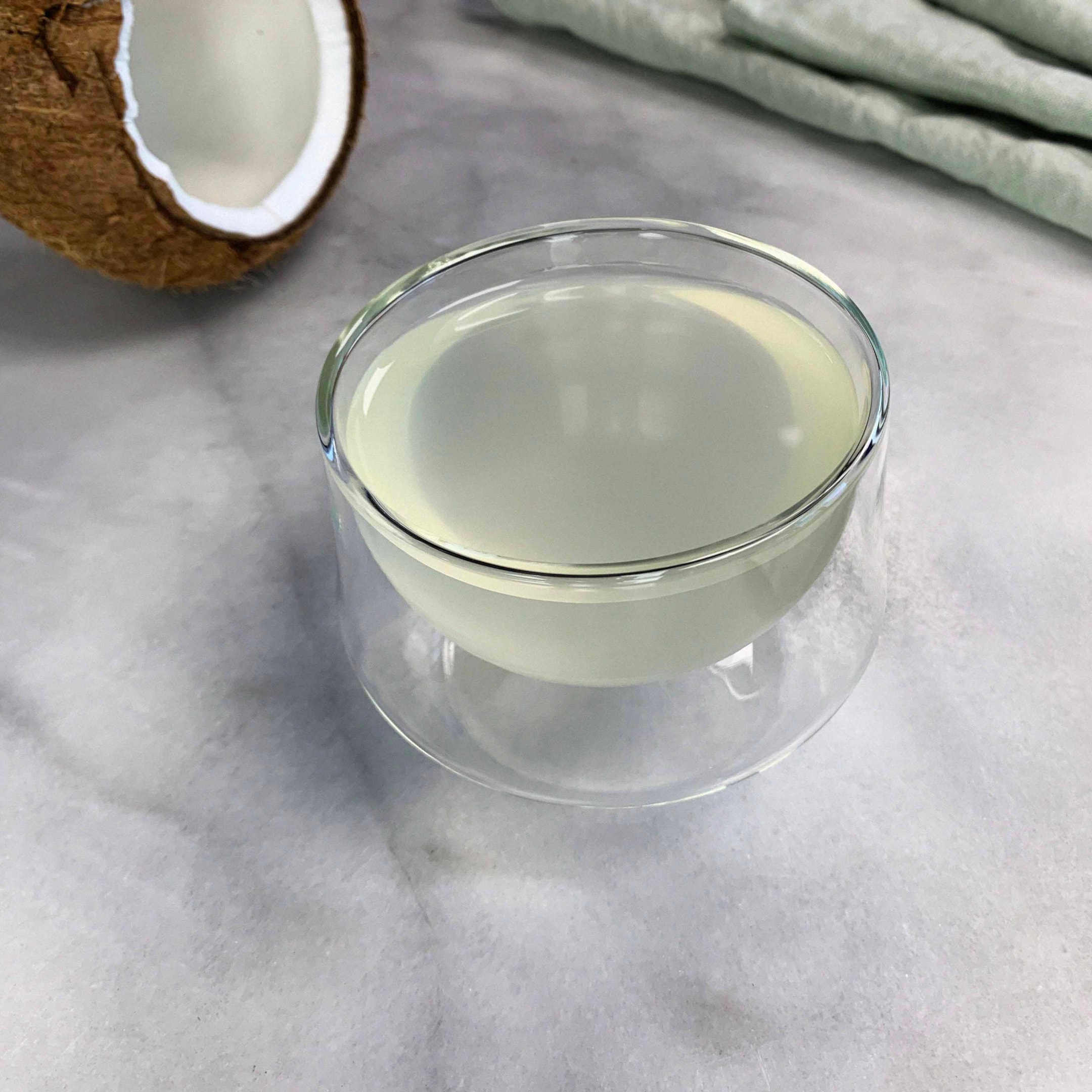Post-Workout Nutrition
Top Tips to Elevate Your Performance with Post-Workout Nutrition from Athletes Kitchen
Elevate your performance with post workout nutrition from Athletes Kitchen. The right post-workout meal can boost muscle recovery, replenish energy, and prepare you for your next session. Discover the best nutrients, meal timing, and recipes to help you recover faster and perform better.
Key Takeaways
- Post-workout nutrition is essential for muscle recovery and future performance; prioritize carbs and protein right after exercising.
- Hydration plays a critical role in recovery; replenish fluids and electrolytes lost during workouts to maintain performance.
- Avoid common mistakes like skipping meals and consuming low-quality foods; focus on high-quality nutrition for optimal recovery.
The Importance of Post-Workout Nutrition
Post-workout nutrition goes beyond refueling; it provides your muscles with crucial nutrients for recovery and growth. After an intense workout, your muscles are like sponges, ready to soak up the goodness that aids in muscle protein synthesis and replenishing glycogen stores. Consuming a meal rich in carbs and protein shortly after exercising can significantly enhance muscle recovery, ensuring you’re ready for your next workout session.
But it doesn’t stop there. Proper hydration is also a critical component of post-workout nutrition. Hydration aids in muscular repair, enhances protein synthesis, and helps regulate body temperature. Skipping post-workout meals can lead to decreased performance and increased fatigue.
Focusing on wholesome, nutritious foods optimizes recovery and performance in sports nutrition.
Muscle Recovery
Muscle recovery is the cornerstone of any effective training regimen. During intense workouts, your muscles undergo significant wear and tear, requiring immediate attention for repair and growth. High-quality protein intake after a workout prevents muscle protein breakdown and stimulates repair.
This process, known as muscle protein synthesis, uses amino acids to repair the damaged muscle tissue, making them stronger and more resilient for future workouts. Without proper nutrition, your muscles may not recover properly, leading to increased fatigue and hindered performance.
A post-workout meal with protein powder, lean meats, or plant-based proteins significantly enhances muscle recovery.
Replenishing Glycogen Stores
After an intense workout, your body’s glycogen stores are depleted and need to be replenished to restore energy levels. Carbohydrates play a vital role in this process, as they are converted into muscle glycogen and stored in muscles for future use.
Consuming 0.5 to 0.7 grams of carbohydrates per pound of body weight within 2 hours of exercise can optimize glycogen resynthesis. Delaying carbohydrate consumption can reduce this rate by up to 50%, impacting your energy levels for subsequent workouts.
Healthy carbohydrates like whole grain bread or sweet potatoes in your post-workout nutrition ensure efficient muscle recovery and readiness for the next session.
Enhancing Future Performance
Proper post-workout nutrition not only aids in immediate recovery but also sets the stage for future performance. Research suggests that consuming a balanced mix of protein, carbohydrates, and healthy fats post-exercise can significantly reduce muscle soreness and improve future workouts.
High-quality protein sources, such as Greek yogurt and protein powder, support muscle repair, while complex carbohydrates like sweet potatoes and whole grain bread help replenish glycogen stores. Healthy fats from sources like avocados and nuts provide sustained energy and aid in nutrient absorption, preparing you for your next training session.
Consuming food within 30-45 minutes post-exercise maximizes muscle protein synthesis and restores energy levels.
Optimal Timing for Post-Workout Meals
Timing is crucial for post-workout nutrition. Consuming nutrients during the post-exercise window ensures effective recovery and performance enhancement. It’s recommended to eat after a workout within 2 hours to rebuild glycogen stores and muscle proteins faster.
For optimal muscle protein synthesis, intake should be about 20 to 40 grams of high-quality protein every three to four hours. Whether you opt for immediate consumption right after your workout or delayed consumption after lighter sessions, understanding nutrient timing can make a significant difference in how your body recovers and performs.
Immediate Consumption
When it comes to muscle recovery, the sooner you eat after a workout, the better. Consuming the right nutrients immediately after exercising can significantly enhance muscle protein synthesis and recovery. This approach not only helps rebuild muscle tissues but also prepares your body for future training sessions.
Post-workout smoothies with protein powder are particularly effective when consumed right after a workout. For those who engage in intense workouts, immediate consumption of nutrients can make a substantial difference in recovery and overall performance.
Delayed Consumption
While immediate consumption is ideal for intense workouts, delayed consumption can still be effective, especially after lighter sessions. Post-workout nutrition allows flexibility, permitting a meal or snack within a few hours without significant drawbacks. The key is to ensure you’re consuming high-quality protein within the first 2 hours post-exercise to support muscle repair and growth.
This approach is particularly beneficial if you have another bout of exercise planned within the same day, as it allows for rapid recovery and preparation for the next workout.
Key Nutrients for Post-Workout Recovery
Maximizing post-workout recovery requires focusing on the right nutrients. Protein, carbohydrates, and healthy fats each play a critical role in the recovery process. Adequate protein intake helps repair and build muscle tissue, while carbohydrates restore energy and hydrate the body.
A balanced post-workout meal should include a mix of these macronutrients to support muscle recovery and replenish glycogen stores. Properly fueling your body after workouts decreases muscle protein breakdown and enhances overall recovery.
High Quality Protein
High-quality protein is a cornerstone of post-workout nutrition. 20 to 30 grams of lean protein post-intense weight resistance workouts significantly aid in muscle repair and growth. Protein intake should occur every 3 to 4 hours to continuously support muscle recovery.
High-quality sources such as Greek yogurt, cottage cheese, and protein powder are essential for effective muscle repair post-workout. Including these proteins in your post-workout meals ensures that your muscles have the amino acids needed for optimal muscle protein synthesis.
Healthy Carbohydrates
Healthy carbohydrates are vital for replenishing glycogen stores and providing sustained energy post-workout. Complex carbohydrates such as sweet potatoes, brown rice, and whole grain bread are particularly effective in restoring energy levels. Incorporating a variety of these carbs in your post-workout nutrition aids in glycogen resynthesis and supports overall athletic performance.
Prioritizing complex carbs over simple sugars ensures a steady release of energy, helping you recover faster and prepare for your next workout.
Healthy Fats
Incorporating healthy fats into your post-workout meals can enhance nutrient absorption and provide sustained energy. While fats may slow down the absorption of other nutrients, they do not reduce the overall recovery benefits. Healthy fats like avocados, nuts, and olive oil in your meals support overall recovery and performance.
These fats play a role in maintaining energy levels and aiding in the absorption of fat-soluble vitamins, making them a crucial part of a balanced post-workout nutrition plan.
Practical Post-Workout Meal Ideas
Balanced post-workout meals are essential for effective recovery and enhanced future performance. Good meal examples include oatmeal with flaxseed and nuts, Greek yogurt with berries, and a veggie omelet. For lunch and dinner, consider meals like grilled chicken with quinoa or tuna salad with whole grain crackers.
Planning post-workout meals provides a strategy for effective recovery and helps stick to nutrition goals. Including versatile and nutritious options like banana protein pancakes can provide the necessary nutrients for optimal recovery.
Breakfast Options
For those who prefer morning workouts, a nutritious breakfast is crucial for recovery. A refreshing breakfast smoothie made with bananas, grapefruit, spinach, and protein powder can kickstart your metabolism and aid in recovery. Nut milk can provide a lactose-free base for various smoothies, offering a versatile and nutritious breakfast option.
Matcha green tea pancakes made with brown rice flour and hemp protein powder are another unique option, providing a combination of protein and healthy carbohydrates to start your day right.
Lunch and Dinner Options
For lunch and dinner, balanced meals with high-quality protein and healthy carbohydrates are ideal for post-workout recovery. Grilled chicken with quinoa, salmon with sweet potatoes, and shredded chicken with black beans are excellent choices. Including meals like quinoa veggie burgers and black bean avocado enchiladas can provide the necessary nutrients for muscle repair and energy replenishment.
These meals not only support recovery but also help sustain energy levels for the rest of the day.
Snack Ideas
Convenient, nutritious snacks are essential for maintaining energy levels and aiding muscle recovery post-workout. Protein bars, whole grain crackers with cheese and fruit, and chocolate chia recovery drinks are excellent options. These snacks not only satisfy hunger but also replenish energy and support muscle recovery.
Incorporating these snack options into your post-workout routine ensures that you have quick and effective nutrition on hand to support your recovery goals.
Hydration Strategies for Athletes
Hydration is a crucial part of post-workout nutrition, vital for sustaining physical performance and aiding recovery. Proper hydration facilitates nutrient distribution, enhances mood, and reduces cognitive impairment, making it crucial for overall well-being. Inadequate fluid intake post-exercise can lead to dehydration, negatively affecting muscle function and recovery.
Optimal hydration requires focusing on both water intake and maintaining electrolyte balance.
Water Intake
Rehydrating after a workout replaces fluids lost through sweat. It’s recommended to consume 16 to 24 ounces of fluid for each pound of body weight lost during exercise. Water is the most natural and effective hydration fluid, but other options like sports drinks, coconut water, and electrolyte supplements can also be beneficial.
After an hour of training, more than a quart of water can be lost, making it crucial to replenish these fluids to maintain hydration and support recovery.
Electrolyte Balance
Electrolytes, such as sodium, potassium, and magnesium, are vital for muscle function and overall hydration, especially after intense workouts. An imbalance in electrolytes can lead to muscle cramps, fatigue, and decreased performance.
Maintaining electrolyte balance involves consuming sports drinks or coconut water, which restore lost electrolytes and contain high levels of potassium. These strategies help ensure that your body remains well-hydrated and ready for the next training session.
Common Mistakes to Avoid in Post-Workout Nutrition
Avoiding common post-workout nutrition mistakes significantly enhances recovery and performance. Many athletes underestimate the importance of post-workout nutrition, believing that they can compensate for poor eating habits with exercise. However, not consuming the right nutrients post-exercise can lead to decreased performance, increased fatigue, and impaired recovery.
Recognizing and addressing these mistakes optimizes recovery and helps achieve athletic goals.
Skipping Meals
Skipping post-workout meals is one of the most detrimental mistakes an athlete can make.
Skipping meals post-workout leads to several negative effects. These include:
- Decreased future performance
- Fatigue
- Low mood
- Brain fog
Regularly missing post-workout meals can lead to chronic fatigue and cognitive impairment, significantly impacting overall health and well-being.
Prioritize nutrient timing and consistently consume balanced post-workout meals to avoid these negative effects.
Low-Quality Foods
Consuming low-quality foods high in processed ingredients can hinder recovery and performance. Avoid carbohydrate and protein sources with added sugars or refined carbohydrates.
Focusing on high-quality sources of carbohydrates and proteins, such as whole grains, lean meats, and dairy, can greatly improve post-workout nutrition. Choosing whole, nutritious foods over processed options ensures that your body receives the right nutrients needed for effective recovery.
Ignoring Hydration
Proper hydration is crucial for recovery and performance. Inadequate hydration can lead to decreased performance, increased risk of injury, and prolonged recovery time for athletes.
Athletes should consume water based on body weight before, during, and after workouts to stay well-hydrated. Maintaining electrolyte balance through a sports drink or coconut water can enhance hydration and support overall recovery after intense workouts.
Summary
In summary, optimizing post-workout nutrition involves a strategic approach to nutrient timing, hydration, and the consumption of high-quality foods. By focusing on balanced post-workout meals rich in protein, carbohydrates, and healthy fats, athletes can significantly enhance muscle recovery, replenish glycogen stores, and improve future performance. Prioritizing proper hydration and avoiding common mistakes in post-workout nutrition can further support overall recovery and athletic success. Embrace these strategies, and you’ll be well on your way to achieving your fitness goals.
Frequently Asked Questions
Why is post-workout nutrition important?
Post-workout nutrition is vital for repairing muscles and replenishing nutrients, which accelerates your recovery and boosts overall performance. Fuel your body right after exercising to achieve your fitness goals!
What should I eat after a workout?
Eating a balanced meal rich in protein and carbohydrates, like a post-workout smoothie, is essential for effective muscle recovery and replenishing glycogen. Fuel your body right and feel the difference!
How soon should I eat after a workout?
To maximize your recovery, aim to eat within 2 hours after your workout. Getting that nutrition in will help you feel your best and perform better next time!
What are some good post-workout snacks?
Protein bars, whole grain crackers with cheese, and fruit are excellent choices to help you refuel after a workout. Choose these convenient options to maximize your recovery and keep your energy up!
How much water should I drink after a workout?
To properly rehydrate after a workout, aim to drink 16 to 24 ounces of water for every pound lost during exercise. Staying hydrated will help you recover faster and feel your best!
